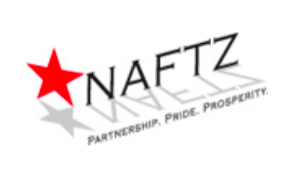Tempo de leitura: 1 minuto
Introduction
The Pillar Two global anti-base erosion (GloBE) rules were proposed as a tool to ensure that
large multinational enterprises (MNEs) pay a minimum level of tax in each jurisdiction where
they operate (OECD, 2023). The rules require that MNE Groups with an annual consolidated
revenue of more than EUR 750 million calculate their income, the taxes paid on that income,
and determine the effective tax rate (ETR) incurred in each jurisdiction (OECD, 2023).
Where the ETR amounts to less than the 15% minimum rate, the MNE Group is required to
pay a top-up tax to meet the difference (OECD, 2023).
One of the main impacts the GloBE rules will have, even for countries that choose not to
adopt the rules, will be minimizing the effectiveness of certain corporate tax incentives for
in scope MNEs (IISD and ISLP, 2023). The main goal of the GloBE rules is to discourage
the “race to the bottom” through tax competition, and provide countries with a renewed
opportunity to achieve a better balance between using tax policy to attract investment and
effectively mobilizing domestic revenues (OECD, 2022). The global minimum tax (GMT)
should prompt countries to analyze the potential impact on tax incentives and options for
reform, including incentives in special economic zones (SEZs).
SEZs have typically been defined as “geographically delimited areas within which governments
facilitate industrial activity through fiscal and regulatory incentives and infrastructure
support” (UNCTAD, 2019). Various publications (FIAS, 2008; UNCTAD, 2023), further
discussed in Section 3, have documented the widespread use of tax incentives—in up to
80% of SEZs—despite continued concerns about their effectiveness in the long term. Some
countries have reduced the ETR in SEZs to almost zero (Celani et al., 2022). These findings
are particularly concerning since the adoption of SEZs continues to expand across the globe,
with 6,000 zones operating in 150 economies in 2022 (UNCTAD, 2023).






Os comentários foram encerrados, mas trackbacks e pingbacks estão abertos.